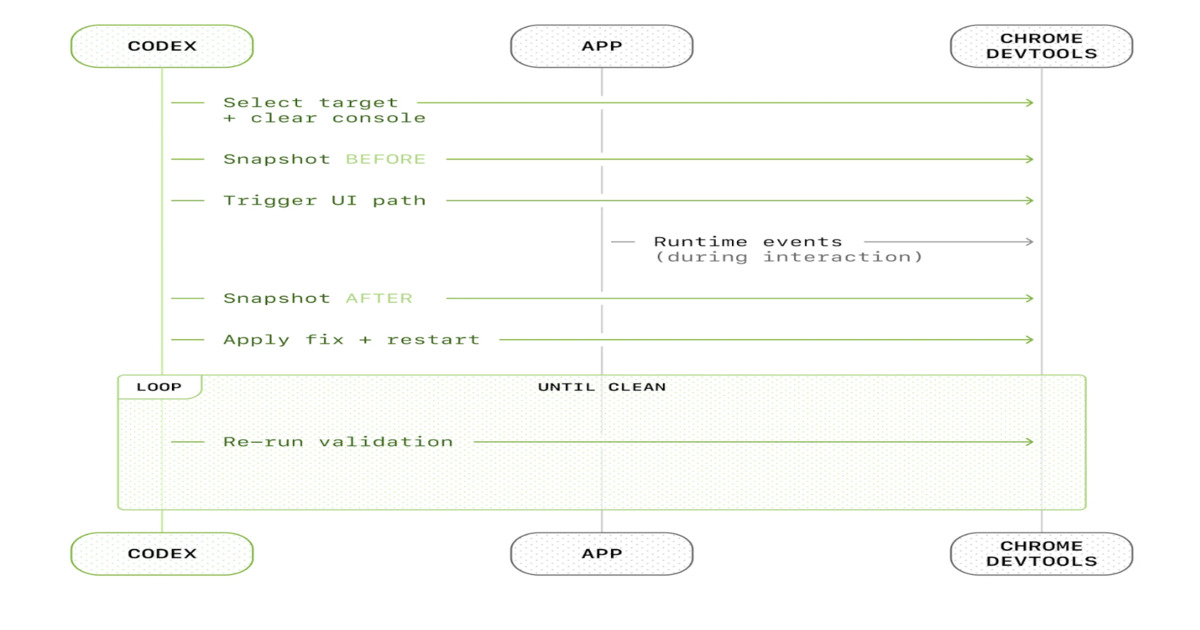Codetown
Codetown ::: a software developer's community
OrlandoJUG ::: Reactive Spring
Event Details
Time: July 25, 2019 from 6pm to 8pm
Location: Starter Studio
Street: 101 S Garland Room 108
City/Town: Orlando
Website or Map: http://starterstudio.org
Phone: 3212529322
Event Type: ojug, meetup
Organized By: Michael Levin
Latest Activity: Jul 16, 2019
Event Description
Join us for a Reactive Spring talk featuring Miguel Mendez.
Miguel Mendez is a software engineer from Orlando Florida. He currently works for FlexEngage as a Lead Developer.
With more than 20 years of experience in the business he is passionate about web technologies, user experience and distributed systems.
As a Domain Driven Design practitioner he believes in the importance of understanding the core domain in order to build useful software.
Reactive programming has been getting lots of attention lately, Projects like Reactive Extensions (Rx) library in the .NET, RxJS, RXJava, and lately Project Reactor have brought Reactive programming into the main scene. Reactive programming is basically programming with asynchronous data streams.
Spring 5 (first milestone June 2016) has reactive features built into it, including tools for building HTTP servers and clients.
We will see a very familiar programming model using annotations to decorate controller methods to handle HTTP requests, for the most part handing off the dispatching of reactive requests and back pressure concerns to the framework. We will also take a look at a more functional way of building web applications on Spring.
Notes
Welcome to Codetown!
 Codetown is a social network. It's got blogs, forums, groups, personal pages and more! You might think of Codetown as a funky camper van with lots of compartments for your stuff and a great multimedia system, too! Best of all, Codetown has room for all of your friends.
Codetown is a social network. It's got blogs, forums, groups, personal pages and more! You might think of Codetown as a funky camper van with lots of compartments for your stuff and a great multimedia system, too! Best of all, Codetown has room for all of your friends.
Created by Michael Levin Dec 18, 2008 at 6:56pm. Last updated by Michael Levin May 4, 2018.
Looking for Jobs or Staff?
Check out the Codetown Jobs group.
InfoQ Reading List
Databricks Introduces Lakebase, a PostgreSQL Database for AI Workloads

Databricks has recently announced the general availability of Lakebase, a serverless, PostgreSQL-based OLTP database that scales compute and storage independently. Lakebase is designed to integrate with the Databricks platform, providing a hybrid solution that combines both transactional and analytical capabilities.
By Renato LosioTypeScript 6 Beta Released: Developers Invited to Upgrade to Prepare for the Go Rewrite

The TypeScript team recently released TypeScript 6 in beta. The release serves as a key transition point rather than a full feature release. It focuses on technical debt elimination and standardization, preparing the ecosystem for TypeScript 7, a rewrite of the TypeScript code in Go that seeks to address core performance issues that ballooned over time.
By Bruno CouriolOpenAI Introduces Harness Engineering: Codex Agents Power Large‑Scale Software Development

OpenAI introduces Harness Engineering, an AI-driven methodology where Codex agents generate, test, and deploy a million-line production system. The platform integrates observability, architectural constraints, and structured documentation to automate key software development workflows.
By Leela KumiliAWS Enables Lambda Function Triggers from RDS for SQL Server Database Events

In a blog post, AWS recently described an event-driven pattern for Amazon RDS for SQL Server, allowing developers to trigger Lambda functions in response to database events via CloudWatch Logs and SQS.
By Steef-Jan Wiggers.NET 11 Preview 1 Arrives with Runtime Async, Zstandard Support, and C# 15 Features

NET 11 Preview 1 is released, featuring Runtime Async as the headline change, moving async method handling from the compiler into the runtime itself. The preview also brings CoreCLR WebAssembly work, native Zstandard compression, C# 15 collection expression arguments, and MAUI improvements. Community reaction has been mixed, with praise for async changes but debate over language complexity.
By Almir Vuk
© 2026 Created by Michael Levin.
Powered by
![]()
RSVP for OrlandoJUG ::: Reactive Spring to add comments!
Join Codetown